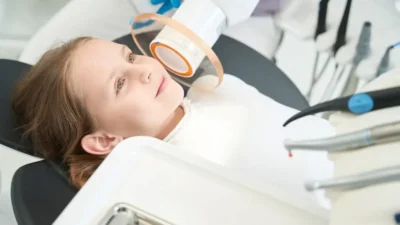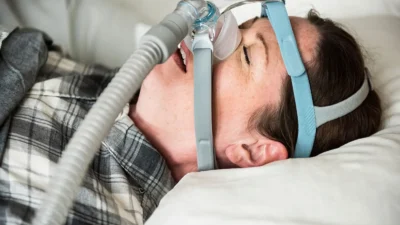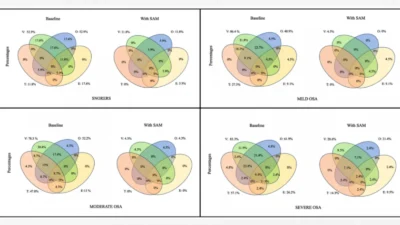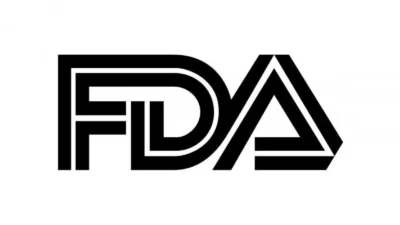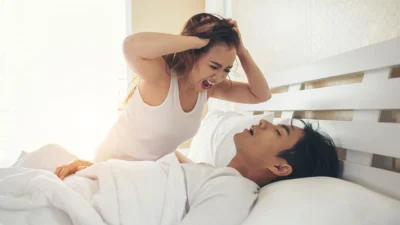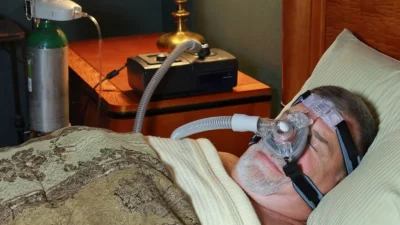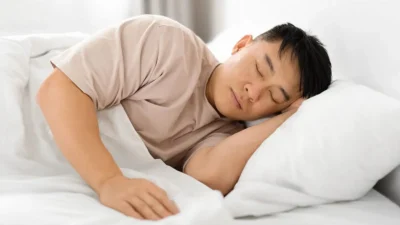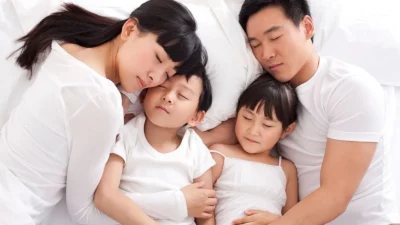Sleep Apnea Treatment in Singapore
Based in Singapore, Asia Pacific Dental Sleep Medicine prioritizes enhancing patient well-being with Oral Appliance therapy for sleep apnea treatment. We lead the charge in advancing dental sleep medicine through thorough education, research, and specialized event hosting. Our mission further involves raising awareness about snoring, obstructive sleep apnea, and bruxism across digital platforms.
What is Sleep Apnea?
Sleep apnea, a silent thief, stealthily disrupts the rhythmic dance of our sleep. It’s not just snoring. It’s a signal, a warning that the airway is blocked, halting breaths, jolting us awake. Imagine, night after night, the body’s quest for rest is thwarted. Oxygen levels dip, the heart races, and the brain, starved of its vital fuel, cannot repair, cannot dream. Yet, awareness is the dawn. With knowledge, we can intervene. Solutions, from lifestyle changes to medical devices, promise a return to restful nights. Embrace the change, for in addressing sleep apnea, we reclaim our nights, our health, our vitality.
Types of Sleep Apnea
Three primary forms of sleep apnea exist. Obstructive Sleep Apnea (OSA) stands as the prevalent type, occurring when the airway is physically blocked. Central Sleep Apnea (CSA) emerges differently, rooted in the brain’s failure to dispatch the correct signals to breathing muscles. Complex Sleep Apnea Syndrome represents a blend of OSA and CSA, intertwining physical blockages with neurological signal disruptions. Each type highlights a unique aspect of how sleep can be compromised, pointing towards tailored approaches for management and treatment, ensuring that interventions are as varied as the conditions themselves, aiming for restful sleep across the spectrum of sleep disorders.
Common Symptoms
Loud snoring, observed pauses in breathing, sudden gasps for air upon waking, a dry mouth or sore throat in the morning, headaches at dawn, struggles with maintaining sleep (insomnia), overwhelming daytime drowsiness (hypersomnia), challenges with focusing, and increased irritability encapsulate the telltale signs of sleep disruption. These symptoms weave a common thread through the fabric of sleep disorders, signaling the body’s plea for attention and correction. They highlight the intricate balance between rest and dysfunction, urging an exploration into underlying causes and a journey towards solutions that restore the harmony of sleep.
Diagnosis
Diagnosing sleep disorders often requires an overnight sleep study, known as a polysomnogram. This comprehensive test captures brain activity, blood oxygen levels, heart rhythms, breathing patterns, and movements of the eyes and legs. It’s a window into the night’s unseen struggles, providing crucial insights for treatment. For some, home sleep tests offer a more accessible alternative. These portable devices allow individuals to monitor their sleep in the comfort of their own beds, tracking similar vital signs. Both methods aim to unravel the mysteries of sleep disturbances, paving the way for effective interventions and the promise of restorative sleep.
Breathing Devices
For moderate to severe sleep apnea, the go-to remedy is often the CPAP (Continuous Positive Airway Pressure) machine, a pivotal device in sleep therapy. It operates by propelling a continuous airflow through a mask, meticulously designed to ensure the airway stays open throughout the night. This mechanism acts as a bulwark against the collapse that characterizes sleep apnea, offering a seamless bridge to restful sleep. It’s a cornerstone treatment that transforms nighttimes from a battleground of breathlessness into havens of uninterrupted slumber, significantly enhancing the quality of life for those it serves.
Oral Appliances
For individuals grappling with mild to moderate sleep apnea, who find the CPAP machine challenging to tolerate, dental or oral appliances present a viable alternative. These devices are ingeniously designed to reposition the lower jaw and tongue, thereby mitigating the airway obstruction that typifies sleep apnea. By gently adjusting oral anatomy, they facilitate a clearer path for airflow during sleep, offering a subtler yet effective means of managing symptoms. This approach has proven beneficial for many, providing a less intrusive yet efficient solution to ensure a restful night’s sleep without the complexity and encumbrance of more cumbersome equipment.
Prevalence of moderate to severe sleep apnea by race
32.1%
Chinese
33.8%
Malay
16.5%
Indian
17.7%
Others
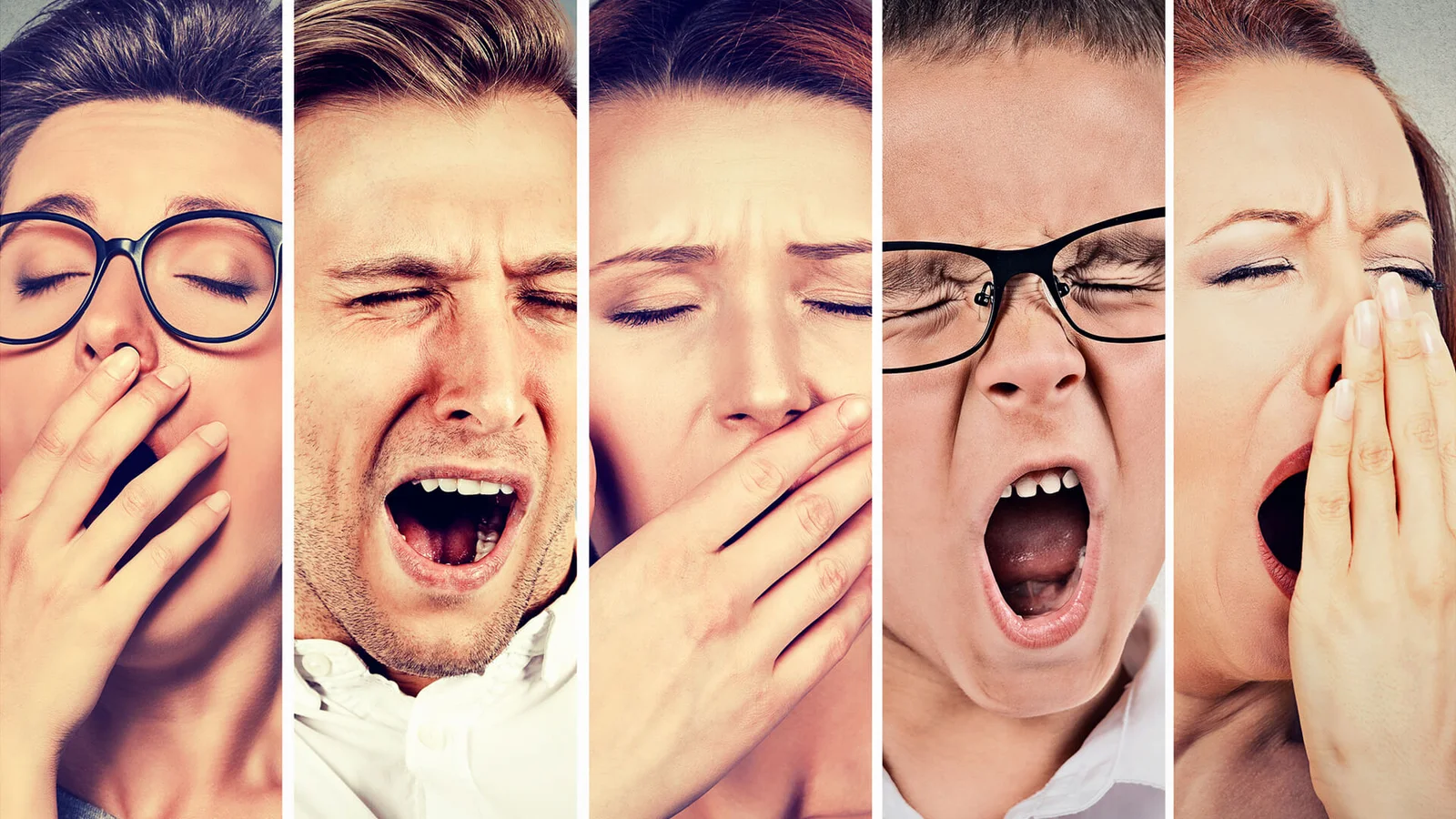
Treatment Options
Google Reviews
Thank you Dr Chye and team for your kind service which is literally life-changing. My husband and i sleep so much better and our quality of life has been greatly improved. Grateful for the service rendered. Clinic is comfortable and staff are friendly. Good experience 🙂
Awesome and meticulous staff and Dr Chye is very professional in his work. He made me feel comfortable and relax every time I visited him. The staff also messaged to check on me after my treatment! After all one of the best dental clinic in Singapore!
The staffs are very helpful and makes the dental experience really smooth. Dr. Chye is friendly and accommodating and is always making sure you are comfortable. On
Dr Chye was really clear in explaining Obstructive Sleep Apnea and how it can be detrimental to one’s health if not treated. I would highly recommend this clinic!
Was referred to them by my ENT specialist for an oral appliance for sleep apnea. Great service overall, and doctor chye was super friendly and customer-oriented.
As always, Dr Chye is super lovely, patient and thoughtful. Been following him since his days over at Victoria. He is the only dentist I trust. The clinic is super high tech too.
Book A Visit
Find out more about your health condition or whether you have sleep apnea.
Resources
The Relationship Between Primary Sleep Disorders and Temporomandibular Disorders
Background: While evidence is accumulating to propose a specific contribution of sleep disorders and low quality sleep in the pathogenesis of temporomandibular disorders (TMD), management of primary sleep disorders in the process of preventing and treating TMD still remains scientifically unsupported. Objective: To investigate the association of primary sleep disorders with TMD risk in South Korea. Patients […]
APAC Set to Propel Sleep Apnea Device Market Growth: Report
The Asia-Pacific (APAC) region is poised to significantly drive the growth of the sleep apnea device market over the next five to ten years, according to a report by MarketsandMarkets. Key factors contributing to this growth include the expansion of leading industry players into emerging markets such as India, Australia, the UAE, and Saudi Arabia. […]
Modifications in Upper Airway Collapsibility during Sleep Endoscopy with a Mandibular Positioner
Abstract Background: Mandibular advancement devices (MADs) are an effective treatment for patients with sleep-related breathing disorders, with variable response. Increasingly more research points to the predictive value of Drug-Induced Sleep Endoscopy (DISE) in patient selection. This study aims to analyze the changes in upper airway collapsibility using a titratable MAD simulator during DISE. Methods: This […]
FDA Categorizes Philips’ Respiratory Device Recall as Most Critical
The U.S. Food and Drug Administration (FDA) has recently declared the recall of Philips’ respiratory machines, which includes models like Trilogy Evo, Evo O2, and EV300, as the highest level of seriousness. This classification was made due to potential risks of significant injuries or fatalities linked to their use. Philips initiated the recall on March […]
FDA Designates ResMed’s Respiratory Mask Recall as Most Urgent
The U.S. Food and Drug Administration (FDA) has recently elevated the recall status of specific respiratory masks produced by ResMed (RMD.N) to its highest level of concern, citing the potential for severe injuries or fatalities from their use. This urgent recall involves certain models of ResMed’s continuous positive airway pressure (CPAP) masks, specifically the AirFit […]
Don’t Snooze on Sleep Apnea Warning Signs
Do you ever feel like no matter how long you sleep, it’s not enough? Does your bed partner complain about your snoring? Are you dozing off in the afternoon or feel like you always need to take a nap? If so, you might be suffering from obstructive sleep apnea. What is Obstructive Sleep Apnea? Obstructive […]
Asia Pacific Dental Centre offers Oral Appliance Therapy for Sleepless Snorers
It’s common to hear about healthy teeth and healthy gums when visiting the dentist, but did you expect to hear about healthy sleep? Along with improving your oral hygiene, you may not know that a trip to Asia Pacific Dental Centre may be instrumental in improving your sleep hygiene, too! How so? I practice dental […]
Simple Steps for Sound Sleep
One in three Singaporeans suffers from moderate to severe sleep apnoea , and one in 10 suffers from severe sleep apnea. The study, by Jurong Health Services, also showed that despite its prevalence, the condition is often under-diagnosed. Up to 90 per cent of moderate to severe sleep apnoea subjects in the study were previously undiagnosed. […]
Beyond Teeth: Four Steps for a Better Night’s Rest
When it comes to caring for teeth and gums, we turn to our dentists for guidance, but many don’t know that a trip to the right dental office can also help improve their sleep. “For people losing shut-eye to snoring and sleep apnea, studies show an oral appliance that is custom fit by a dentist […]



















